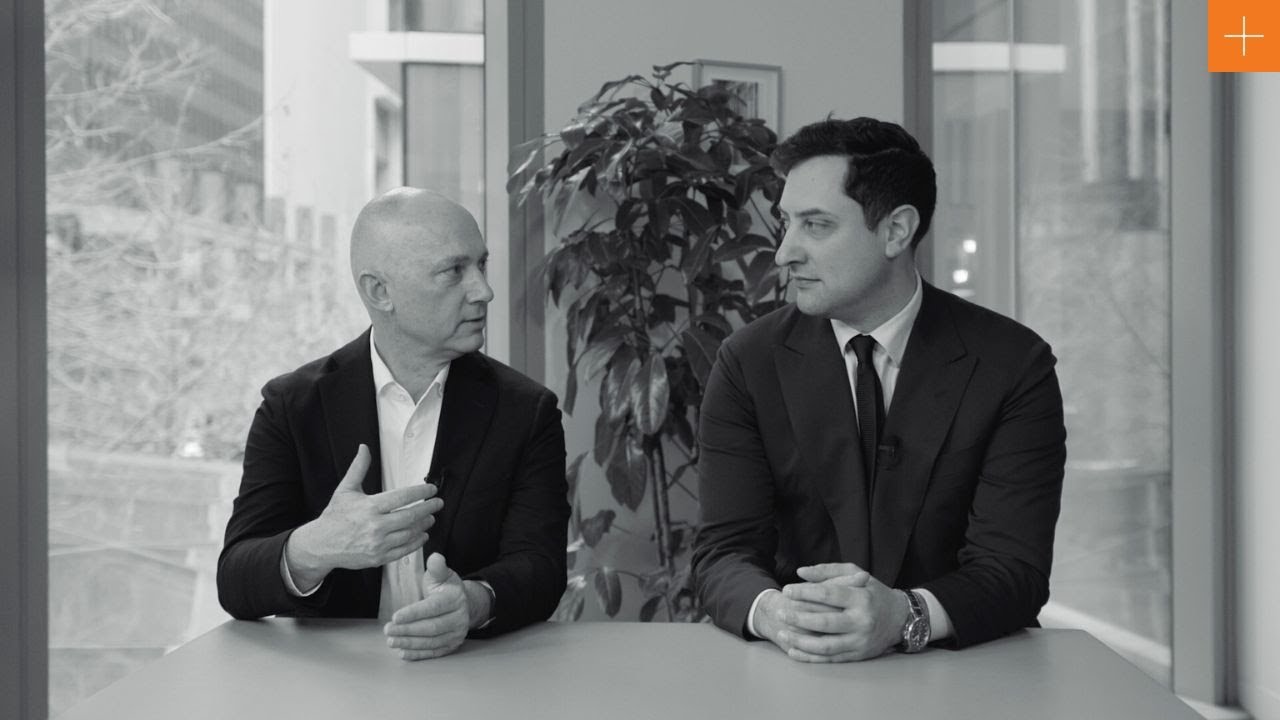“You almost have to pretend the Commissioner isn’t involved.”
– Nigel Evans, Aptum Legal
Arguing with someone who challenges every detail you say can be exhausting, and that is what it often feels like when dealing with a tax dispute before the Administrative Review Tribunal (ART). Many taxpayers reach this stage after months of back and forth with the ATO, feeling frustrated and unsure about what comes next.
The real challenge is that once your case reaches the ART, the process becomes formal and structured. You are no longer just responding to the ATO’s questions. You are now responsible for proving that your position is correct.
1. It’s your job to prove it
Once you apply to the Administrative Review Tribunal (ART), the responsibility to prove your case becomes yours. The ATO does not need to show that you are wrong; you must show that you are right.
“From that point onwards, the burden is on them to prove their case.” — Michael Buscema
To meet this burden:
- Collect all relevant documents that support your position, such as financial statements, invoices, and correspondence.
- Link your evidence to your argument. Make it clear how each record supports your claim.
- Prepare a written outline summarising your facts and reasoning.
A clear, well-structured case gives the tribunal confidence in your position.
2. Don’t expect a back-and-forth
In the tribunal process, you present your case in full before any questions or discussion take place.
Unlike the audit or objection stage, there is little to no conversation. Once your material is submitted, the member will review it, listen to your evidence, and then make a decision.
“You’re left alone, so to speak. And the Commissioner will more often than not leave you alone.” — Nigel Evans
Think of it as your opportunity to present your case in full. Before you start, ask yourself:
- Does each argument have supporting evidence?
- Are there any missing documents?
- Is the information easy to follow for someone new to the matter?
Being prepared to stand alone ensures your message comes across clearly and confidently.
3. Focus on your case, not the ATO’s conduct
Many taxpayers enter the tribunal process frustrated with how the ATO handled their matter. That reaction is understandable, but it often distracts from what truly matters – your evidence.
“I was stunned at the number of times taxpayers got bogged down in the idea that they were there to prove the ATO got it wrong.” — Michael Buscema
Here’s the key difference:
- Unproductive focus: Complaining about how the ATO acted.
- Productive focus: Showing the tribunal what the correct tax outcome should be.
Use this stage as a reset. Present your case as if you are explaining it to someone hearing it for the first time. The tribunal will not revisit the ATO’s process unless it directly affects the evidence before them.
4. What evidence actually works?
Start with the basics. The tribunal relies heavily on documents that clearly show your financial activity:
- Invoices confirm the work you performed or the goods you supplied.
- Bank statements support the flow of money in and out of your account.
- Contracts explain the nature of the arrangements you entered into.
- Any record of income or expenses helps show how the transactions relate to your business.
After gathering these, explain how each record connects to your position. For example, if an invoice supports a deduction you claimed, make sure the bank statement shows payment for it.
If some documents are missing, you can fill the gaps with:
- Witness statements from people who can confirm the transaction took place.
- Third party records such as emails, receipts, or supplier confirmations.
- Tribunal testimony that explains the context and supports your version of events.
“Contemporaneous records are primary. They are the most important.” — Michael Buscema
Even small details, like matching dates and amounts across records, can make a big difference in how the tribunal views your credibility.
5. Penalties are a separate game
Even if you lose the main case, you might still win on penalties. The tribunal looks at your behaviour-how you filed, what advice you got, and your personal circumstances.
“You can often succeed simply on the penalty issue even if you lose the primary matter.” — Nigel Evans
The tribunal may still find the deductions invalid, but if the taxpayer can show they relied on professional guidance and acted honestly, the penalty may be reduced or removed.
Penalties depend on behaviour, not just the tax amount. The tribunal considers:
- Whether you sought professional advice before lodging your return.
- How promptly and openly you responded to ATO requests.
- Any personal factors such as education level or language barriers.
If you can demonstrate that your mistake was genuine and that you made a reasonable effort to comply, the tribunal may treat your case more leniently.
6. Use the tribunal stage to your advantage
Think of the tribunal stage as a strategic opportunity, not just another step.
“You can use that risk to bring fresh decision-makers into the room.” — Michael Buscema
Here is how to make that opportunity work for you:
- Recognise the timing. This is when the ATO begins to consider the risk of losing publicly, which can lead to more open discussions.
- Be proactive. Suggest a conference or conciliation early to explore settlement options.
- Prepare your strategy. Know your strongest evidence, understand what compromise you would accept, and keep the focus on resolution.
Handled well, this stage can transform a drawn out dispute into a fair and timely settlement.
What We’ve Learned
- You carry the burden of proof at the ART.
- The tribunal isn’t interactive—be ready to stand alone.
- Focus on proving your case, not blaming the ATO.
- Use strong records and fill gaps with credible evidence.
- Penalties can be reduced even if the tax doesn’t change.
- The tribunal stage can be a chance to settle.
“Every case presents an opportunity — the key is having the right strategy to make the most of it.”
Let’s Talk
If you’re thinking about taking your tax dispute to the ART, Aptum Legal can help you build a strong case and explore every option. We’ve seen it all—from missing records to penalty wins—and we know how to guide you through it.
- Reach out to us today to book a strategy session with our tax disputes team.
- Especially if you’re at the tribunal stage or considering it soon.
FAQs
Q: Can I still win if I don’t have perfect records?
Yes. You can use witness statements and other evidence to fill gaps.
Q: Can I reduce penalties even if I lose the main case?
Absolutely. Penalties are based on behaviour, not just the tax outcome.
Q: What kind of personal circumstances matter for penalties?
Education level, language barriers, and reliance on professional advice are all relevant.
Q: Is it too late to fix things at the tribunal stage?
No. You can start fresh and present your case properly—even if earlier stages didn’t go well.
Which part of this article stood out to you most?
Drop a comment below or join the conversation on LinkedIn when we post this. Let’s hear your thoughts and maybe your favourite quote too.




